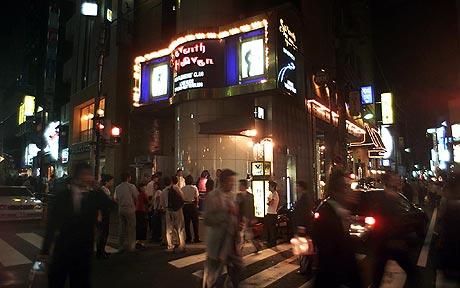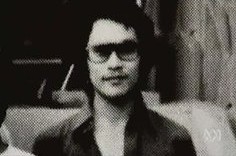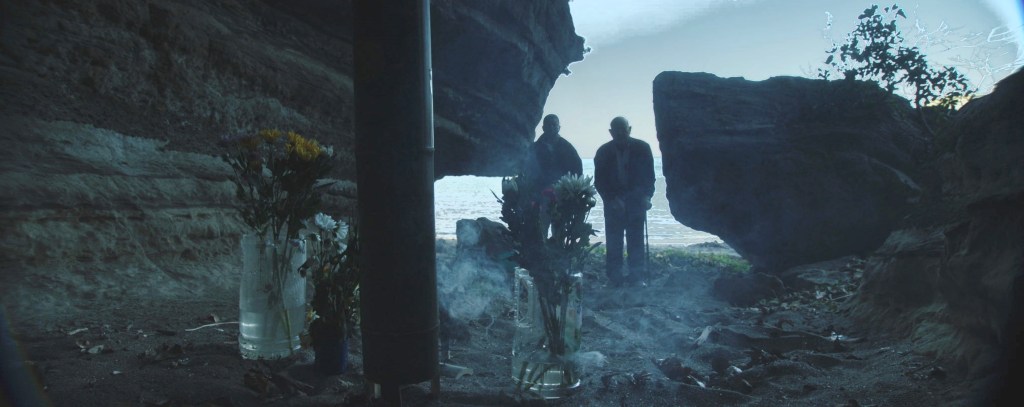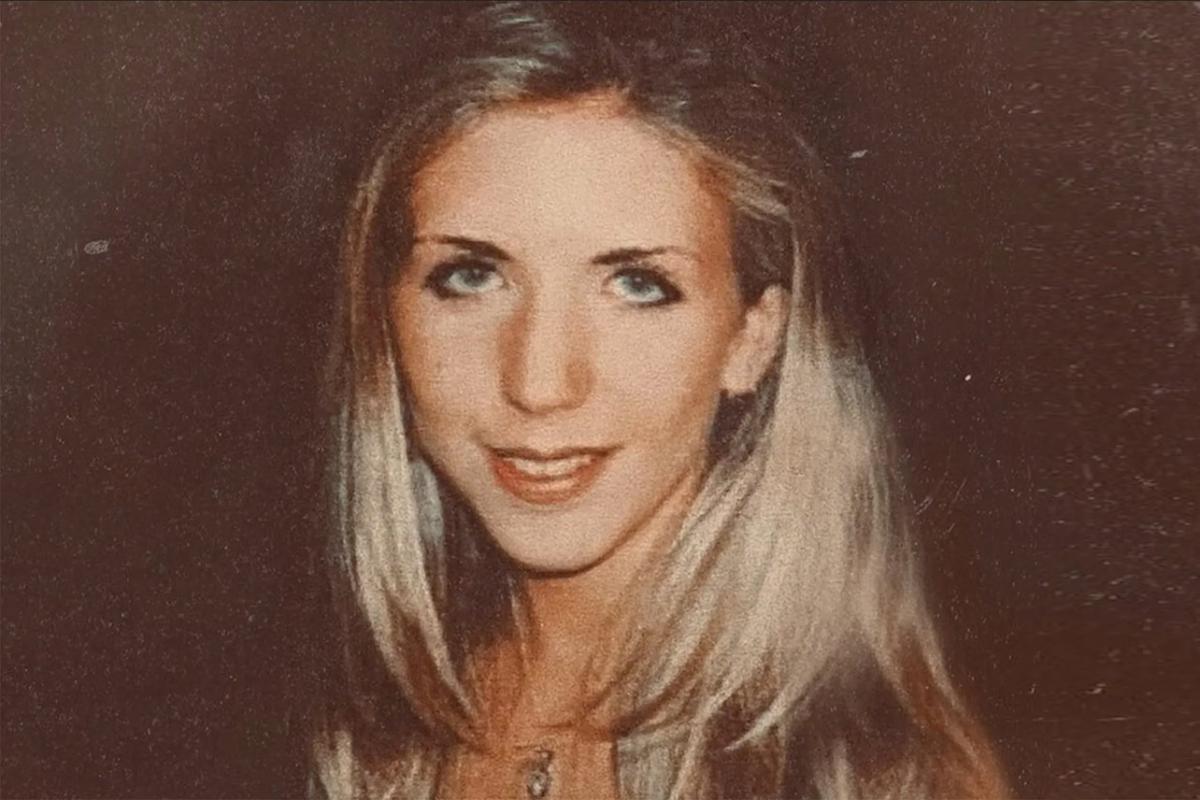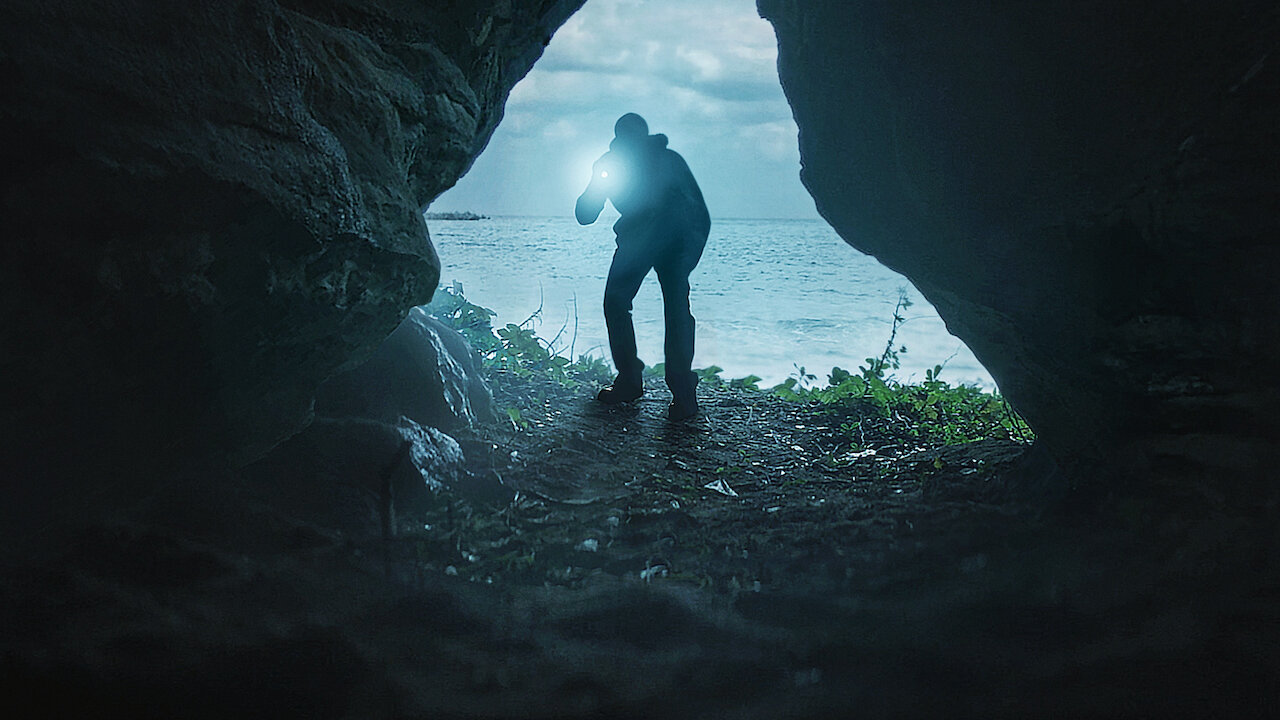Very lengthy, much more at link..
Joji Obara | Murderpedia, the encyclopedia of murderers
Joji OBARA
Born:
Kim Sung Jong
Classification:
Murderer
Characteristics:
Serial rapist
Number of victims:
1 +
Date of murders:
1992 - 2000
Date of arrest:
October 11, 2000
Date of birth:
1952
Victim profile:
Carita Ridgeway (21 year-old Australian model)
Method of murder:
Poisoning (drug overdose)
Location:
Tokyo, Japan
Status:
Sentenced to life in prison on April 24, 2007
Joji Obara (織原 城二
Obara Jōji, born 1952 in Osaka, Japan) is a convicted rapist who was accused of the rape and subsequent deaths of two women, British hostess Lucie Blackman in the summer of 2000 and Australian Carita Ridgeway in 1992, and the rapes of six other women.
Background
Joji Obara was born Kim Sung Jong in 1952 to zainichi parents in Osaka. During his youth, his father worked his way from scrap collector to taxi driver to immensely wealthy owner of a string of pachinko parlours.
At 15, Obara enrolled in prestigious private high schools, a prep school which is owned by Keio University, which at graduation guarantees entrance to the University. Two years later, upon his father's death, he inherited holdings in Osaka and Tokyo. After graduating from Keio University with degrees in politics and law, he became a naturalized Japanese citizen and legally changed his name to Joji Obara.
During the late 1980s and early 1990s Obara invested heavily in real estate speculation. After losing his fortune when the bubble burst and his firm collapsed, he reportedly used his business as a money laundering front for the yakuza syndicate, Sumiyoshi-kai.
His pornographic video collection, 4,000 to 5,000 of which were recovered by police, led police to believe that Obara may have raped anywhere from 150 to 400 women.[4] A recreational drug user, he was reported to have an obsession with Caucasians and developed a sex fetish for molesting unconscious women.
Police found over 200 sex videos involving Obara molesting women in this manner sometimes wearing a facemask and report that his extensive journals made reference to "conquer play", a euphemism describing his sexual assaults on women he wrote were "only good for sex" and on which he sought revenge, "revenge on the world" drugging them with chloroform.
Lucie Blackman
Lucie Blackman (1 September 1978 – 1 July 2000) was an English woman who worked as a hostess in Roppongi, Tokyo. Blackman had previously worked as a flight attendant for British Airways but had come to Japan to see the world. At the time of her disappearance she had been working as a hostess at Casablanca, a night club in Roppongi. She was 21 years old at the time of her death.
Blackman's mysterious death and disappearance, as well as Obara's trial, received high press coverage in Japan as well as internationally — especially in the British media. As a result of the publicity surrounding the case, three foreign women came forward to describe waking up, sore and sick, in Obara’s bed, with no memory of the night before. Several of them, it turned out, had reported him to the Roppongi police, but had been ignored.
On July 1, Lucie went on a douhan (a paid date) with a customer from Casablanca. No one heard from her again. The Blackman family, wanting to find Lucie, flew to Tokyo and took the opportunity to start a high-profile direct media campaign, including approaching British Foreign Secretary Robin Cook who was in Tokyo at that time. Newspapers started publicizing Blackman's disappearance on July 13, when British Prime Minister Tony Blair made mention of the case during an official visit to Japan where he met with Prime Minister Yoshiro Mori. An information hotline was staffed by British ex-pats, a reward of £100,000 made by an anonymous businessman.
On January 10, 2001, Blackman's dismembered body was found, buried in a shallow grave under a bathtub in a seaside cave at Miura, Kanagawa, about 30 miles south of Tokyo, just a few hundred meters from Obara's apartment. The body had been cut into eight pieces. Her head had been shaved and encased in concrete. The discovery of the body was too late to determine the cause of the death.
A Trust promoting personal safety was established in her name.
Crimes
In October 2000, Obara was arrested and charged with the drugging, raping and death of Lucie Blackman and another hostess, 21-year-old Australian model Carita Ridgeway, who died in 1992. He was also charged with raping six other women. According to the indictment, he made Lucie a drink containing a drug before raping her at a condominium in Zushi, Kanagawa Prefecture. She subsequently died.
Obara has maintained his innocence, claiming the drugs that caused her to die were self-administered.
Tim Blackman, Lucie Blackman's father, accepted £450,000 in mimaikin—or condolence money—from a friend of Joji Obara. The other members of the family were against the acceptance of the money.
Trial and verdict
Obara was charged with drugging, raping and killing Blackman, as well as raping of six other women and manslaughter of another hostess.
On 24 April 2007 Obara was jailed for life on multiple rape charges and one manslaughter, but he was acquitted of the crime of Blackman's rape and murder.
Evidence supporting his guilt in regard to charge of rape included the approximately 400 videos he took in which he engaged in date rape activities. For the charge of manslaughter of Carita Ridgeway, the prosecutor produced an autopsy report showing traces of chloroform in Ridgeway's liver and a paper trail showing that the accused accompanied Ridgeway to the hospital before she died. In Blackman's case, however, the prosecutor could not produce any forensic evidence linking the accused to her death. Even the cause of her death could not be determined, as discussed below.
The judge stated that in deciding on the sentence he did not attach much importance to Mr Obara’s payment of “consolation money” to a number of his victims.
The Japanese judicial system has received some criticism for its handling of the case. It is believed that the police did not take this missing person case seriously "because Lucie was working illegally in a job from which women often flee without notice". As a result, the discovery of the body came too late to determine the cause of the death. The verdict by a panel of three judges cited the lack of forensic evidence as a reason for acquittal. Some foreign media from common law countries also criticized the police for having leaked information in the case to the press that could cause a mistrial. However, as Japanese civil law system did not, at that time, use juries, this could not be grounds for a mistrial.
Former prosecutor Takeshi Tsuchimoto, now a professor of criminal procedure law at Hakuoh University Law School, criticised the decision to acquit Joji Obara for the murder of Lucie Blackman by pointing to the conviction of Masumi Hayashi due to circumstantial evidence.
The public prosecutor has appealed the Blackman-related verdicts and on 25 March 2008 an appeal trial commenced in the Tokyo High Court.
Tokyo High Court found Obara guilty on some counts on December 16, 2008.
Wikipedia.org
